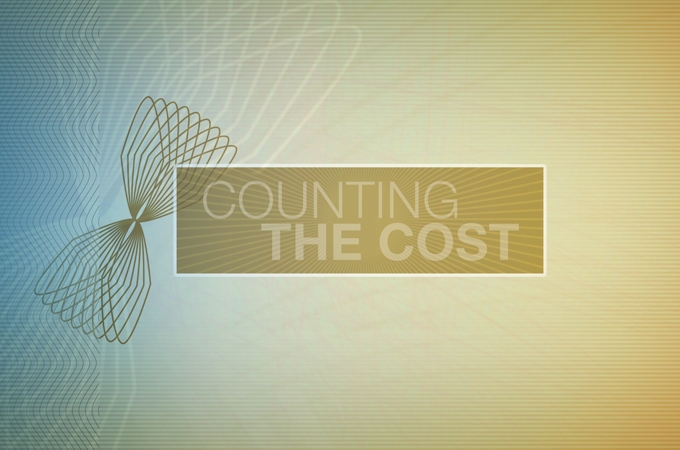
Russia: The threat of sanctions
We examine the West’s talk of ‘consequences’ over the situation in Crimea, and ask if sanctions can be effective.
In recent weeks, Western powers have made threats of sanctions against Russia over the situation in Crimea. But when push came to shove, they did not follow through.
So in the end, has Vladimir Putin won in Crimea? And do threats, or even the sanctions themselves from the West, make any impact on an indifferent Russia?
Keep reading
list of 4 items‘We need you’: Solomon Islands’ support for US agency’s return revealed
Why are nations racing to buy weapons?
Parallel economy: How Russia is defying the West’s boycott
The West looks weak and impotent despite its threats of ‘consequences’, largely because Europe’s dependence on Russian oil and gas has tied the hands of both Brussels and Washington.
In 2012, for example, the EU paid Russia $156bn for oil and gas, which counts for almost a third of Europe’s energy supply.
In terms of financial trade, if the EU and the US stopped trading with Russian banks, the Russian economy could suffer a loss of $50bn per quarter, according to former Russian finance minister, Alexei Kudrin.
There are also reports that more than $100bn in Russian money has been shifted out of the US in the last week, which is about 80 percent of Russia’s $138bn in US treasury and bold holdings.
And that reaction raises some interesting scenarios in other countries as to how Russia may react if further threatened. According to the Bank of International Settlements, US banks and asset managers have about $75bn of exposure to Russia. Russia could instruct its companies to default on loans to the West.
The Financial Times claims 300,000 German jobs could be lost if there are tit-for-tat sanctions. And Bloomberg reports Russian companies have made $180bn in deals in just the past two years – deals which have provided profits to bankers and lawyers in the City of London.
So, amid the talk of consequences, can sanctions be effective, and is there any point for the West to pursue this line? Al Jazeera’s Patty Culhane reports on what the US had laid down by the end of the week. And we speak to Bill Browder, the CEO of Hermitage Capital Management, which was set up to invest in Russia back in 1996.
Railways and robots
Next, we go to South Africa, where the country’s trains and a massive infrastructure project could create thousands of jobs.
South Africa is a country that offers promise, yet still struggles to create jobs, with an unemployment rate of around 25 percent.
Transnet – the state-owned rail company – now plans to spend $5bn on new diesel and electric locomotives.
The contracts have gone out to Chinese, American and British companies, but it is expected the investment will create more than half a million jobs in South Africa over the next seven years.
It is all part of the government’s plan to invest in infrastructure projects to drive growth.
Anoj Singh, Transnet’s chief financial officer, joins us to talk us through this huge infrastructure investment.
At the same time, other negative news continues to come out of South Africa – much of it political. President Jacob Zuma is facing allegations of misusing state funds to develop his own home, and the Public Prosecutor is now asking for him to repay some of that money. Al Jazeera’s Tania Page reports from Pretoria.
And finally, we go to the Democratic Republic of Congo, where new home-grown technology could replace police officers, but it still needs police officers to protect it.
For a look at traffic robots, Al Jazeera’s Malcolm Webb reports from Kinshasa, the capital of the DR Congo, where this homemade technology is helping to keep the city’s notoriously bad traffic on the move.
Watch each week at the following times GMT: Friday: 2230; Saturday: 0930; Sunday: 0330; Monday: 1630. Click here for more Counting the Cost. Follow Kamahl Santamaria @KamahlAJE and business editor Abid Ali @abidoliverali |
